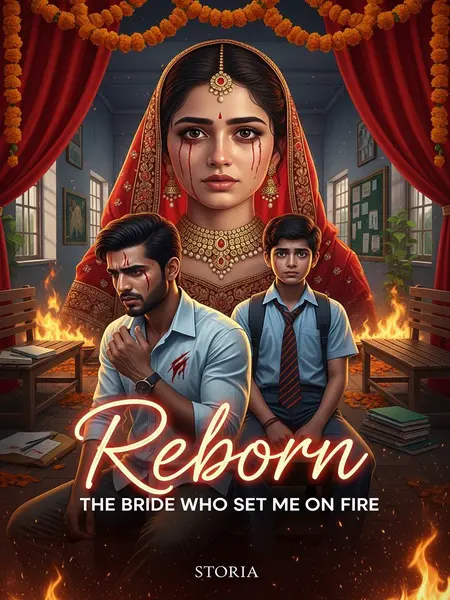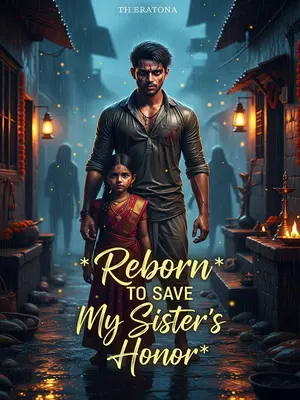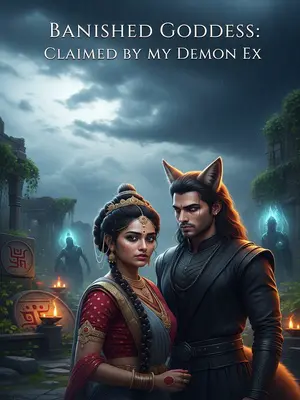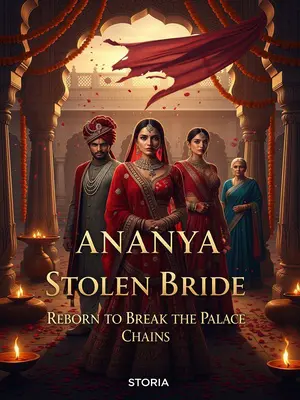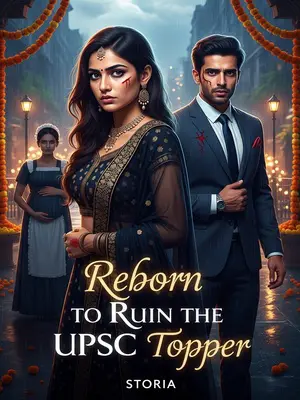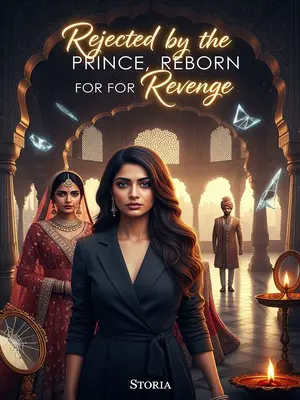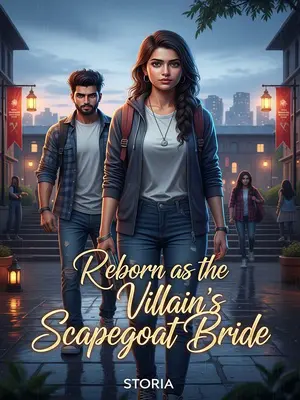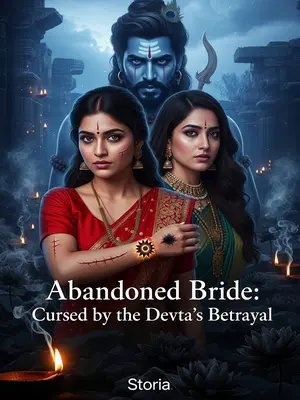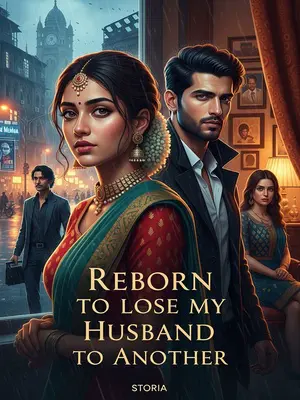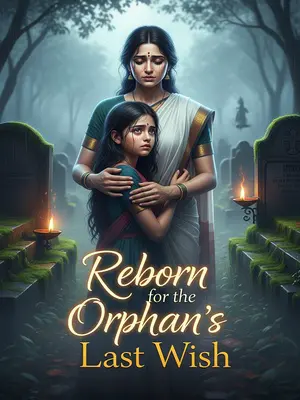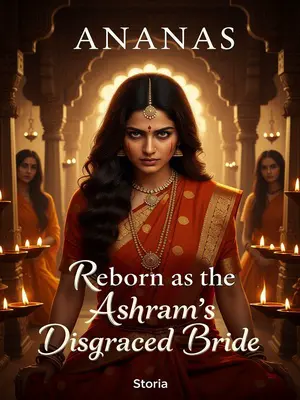Chapter 1: The Spark Beneath the Surface
Before the board exams, my childhood sweetheart fell for a wayward sports boy.
In those days, just before the heat of summer, when even the ceiling fans struggled to stir the thick air, everything seemed ordinary on the surface. Neighbours’ radios blared old Kishore Kumar songs, and the smell of boiling dal drifted from open windows. But my heart had started to sense something slipping away—the way Ananya would look past me at the school gate, the hurried calls she took in the corridor. It was the sort of tension that sits heavy in the pit of your stomach, like the smell of a coming storm.
She spent all her time with him, stopped caring about her studies for his sake, and even trusted him with the kind of secret our mothers warned us never to share.
Those days, I would see her waiting at the school canteen with Kabir, not even glancing at her tiffin. She would giggle at something he said, her eyes shining in a way I'd never seen before. She stopped coming to the tuition classes we used to attend together, and her once meticulously covered notebooks gathered dust. The silence between us grew, thick as the dust motes floating in the hot afternoon sun.
Unable to watch her spiral any further, I told her parents everything.
It was a Saturday evening, the aroma of fried onions from my mother's kitchen filling our small flat. I found myself standing awkwardly in their living room, wringing my hands, my throat dry as if I'd eaten too many khakhras. I didn't want to betray her, but I couldn't bear to watch her destroy herself. When I finally blurted out the truth, her parents' faces darkened. Her mother's hand flew to her mouth; her father clenched his jaw, the veins on his temple pulsing. In that moment, I felt like I had set off a Diwali rocket in a closed room. Just then, a pressure cooker whistle sounded from the kitchen—a reminder of the everyday chaos shattered by my confession.
The situation exploded—Kabir was beaten half to death by his own father and then vanished from our lives.
The news travelled fast—quicker than WhatsApp forwards. Kabir's father, a gruff man known in our colony for his drinking, dragged him out in front of everyone and thrashed him right there in the narrow lane, while the neighbours peeped through their half-open doors, whispering, 'Arrey, dekh na, us ladke ki to vaat lag gayi.' The colony kids stopped playing cricket, their rubber ball rolling to a halt as Kabir’s father’s shouts echoed off the concrete. After that day, Kabir stopped coming to school. His cycle rusted outside their flat, and his mother’s old red dupatta hung limp from the balcony, fluttering listlessly in the monsoon wind, barely audible over the distant rattle of a passing train.
Years later, at our wedding, my childhood sweetheart learnt of his death and set our bridal suite on fire.
It was supposed to be the happiest day of my life—the smell of mogra garlands still fresh on my collar, distant laughter echoing from the reception hall. Instead, the world turned upside down. Ananya stood in the centre of the room, her eyes wild, her hands trembling as she held the lighter. She stared at her wedding bangles and mangalsutra, fingers trembling, torn between rage and duty. For a moment, she hesitated—then set the fire. The sight of the flames licking the satin bedspread made me feel like my lungs were filled with smoke before the fire even reached me.
"You’re the one who killed him. It should have been me and him standing here. Go to hell and pay for your sins."
Her voice, cracked and hoarse, echoed through the room. It was as if the old Ananya had been burned away, replaced by this furious, broken woman. Each word hit me harder than the heat from the flames, and my knees buckled beneath me. In that moment, I saw how the past can come alive to choke the present.
The orange glow flickered across her features, twisting them into something unrecognisable. I could hear the crackle of burning wood, the hiss of fabric catching fire. Somewhere outside, I thought I heard the shouts of the watchman and the distant clang of a water tanker making its way down the road, but all I could see was the haunted look in Ananya’s eyes.
When I opened my eyes again, I was back in my third year of school.
My body ached as though I’d been dragged through fire, but suddenly I was back in my old uniform—grey shorts, blue shirt, the smell of chalk dust in the air. It was the stuff of filmi rebirths, but I could feel the sweat prickling at my brow, the sun glinting off the metal desk, and the distant call of the kulfiwala outside the school gate.
